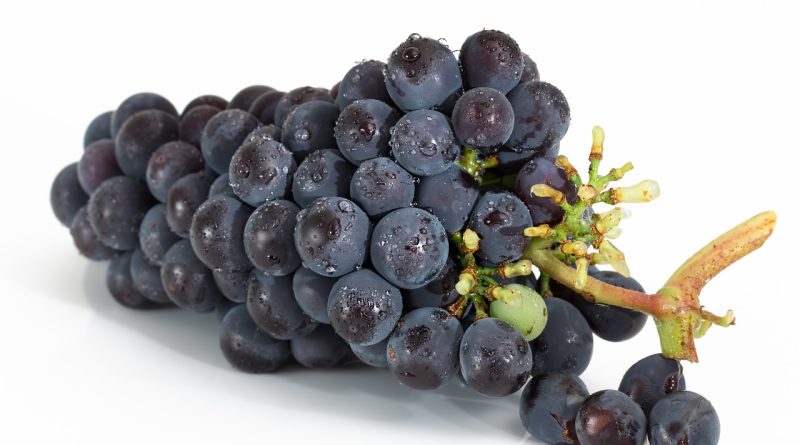‘In the News’: Updates on Grape Toxicity
Why are grapes toxic?
While you may have heard before to not feed grapes or raisins to your dogs for fear of kidney damage, the reason why they can be so toxic has been a mystery. However, recently a new idea has emerged that might finally help us figure out what is going on! A group of veterinarians from the ASPCA Animal Poison Control Center and two hospitals described in a letter to the editor of the most recent Journal of the American Veterinary Medical Association that tartaric acid (which cream of tartar is made from) may be the part of grapes that cause them to be toxic to pets. The amount of tartaric acid can vary in grapes by their type, how they were grown, and how ripe they are, which could explain why some pets get very sick while others seem unaffected after eating similar amounts of grapes or raisins. There is still a lot of research and work still to do, but here’s more on this new hypothesis.
When should I be worried?
Studies looking at the amount of grapes and raisins needed to cause problems have shown there is a large range and each dog can respond differently. This may be in part to how grapes change throughout the ripening process and we need more studies to know how best to treat dogs that have eaten grapes or raisins. If you are worried that your dog may have eaten any food item or medication that could harm them, you should call your veterinarian and an animal poison control center, such as the ASPCA’s animal poison control, that can help determine how concerned you should be and guide treatment recommendations.
How is this related to snacks for dogs?
While many fruits and vegetables can be great snacks for pets, you should avoid feeding pets grapes and raisins. Until we know more about whether tartaric acid is the cause of grape toxicity, and, if so, what doses could be harmful to dogs, it is probably a good idea to avoid giving your dog commercial or homemade foods with cream of tartar as an ingredient at this time. Cream of tartar can be found in many baked goods, so it can be helpful to check the ingredient list before deciding to share a treat with your pets. This is an additional reason to be extra cautious with homemade play dough recipes that can often include cream of tartar along with very high levels of salt (and these high salt levels can cause neurologic issues and be life-threatening)! We have also seen a few homemade dog treats (including the dog version of human snickerdoodle cookies) that contain cream of tartar as one of the ingredients, so you should always check homemade dog treat recipes to ensure that they do not contain any toxic ingredients before making them for your furry friends.
Written in conjunction with veterinary student, Amanda Simoneau.

